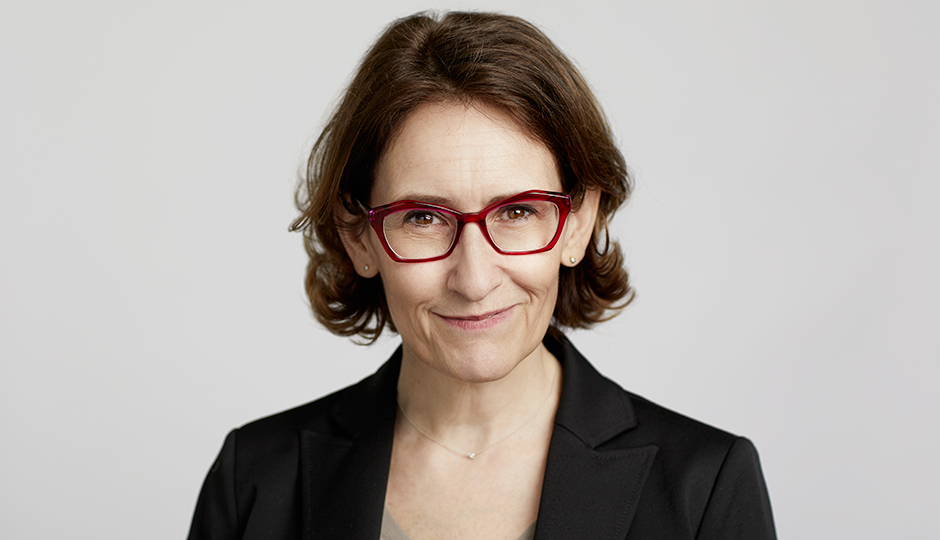
Profession? Fan of researchers
As I was working on this message, ideas kept popping into my head. The first was about 2022, which, like the previous years, was not a smooth ride. A new strategic plan for the FRQS—firmly focused on sustainable health—; two new Québec strategies to support research development1; global movements impacting the way research is done: open science, citizen science, inclusive science, and let’s not forget science in exile. These local and global orientations come with their own set of challenges: change management, communication, dialogue and partnership with colleagues – researchers, university administrators, ministry representatives, private partners.
The other idea running through my head was to communicate the immense pleasure I have had in meeting you over the last quarter, following your work, seeing your energy for sharing your knowledge and new discoveries, including a test bed for heart valves at the Quebec Heart and Lung Institute (IUCPQ), a symposium on infectious diseases by MI4 at McGill, the announcement of France-Québec collaborations to develop truly transformative clinical interventions based on artificial intelligence… not to mention the enthusiastic welcome you gave to the Sustainable Health initiative’s scientific and citizen action strategy.
One thing leads to another, and this message has gradually come together. I would like to begin 2023 by thanking all of you, researchers and students alike, for your unflagging devotion to your work and, I hope, your vocation. I know that it is no easy task. As I said in a forum last December, the research profession does not always get the recognition it deserves. What purpose do we serve? What are we looking for? What do we generate? While seeking to answer these questions, I discovered the book Profession? Chercheur2 by Françoise Tristani-Potteaux. In fact, I borrowed the title of this message from her, after adapting it to reflect my great appreciation for your projects and your commitment to generating and mobilizing knowledge for all.
Of course, the book is subject to criticism; among other things, the realities it presents are specific to the French context. However, it speaks of vocation, temperament, interdisciplinarity, controversy, ethics etc. In short, the author describes fascinating characters: “It seemed obvious to me that these misunderstood and sometimes caricatured adventurers of science were brilliantly modern: mobile, fast, polyglot, globalized, sometimes even a little crazy, or at least extremely free in the detours of their trajectories”. She also speaks about science, uncertainly, the paradox of new knowledge that never ceases to open up new fields of the unknown, and a new, less divided, space between science and society: “Has science finally emerged from the somewhat drab spaces of science and technology culture to which it has long been relegated? This appears to be the case when we see how climatologists are now listened to and supported by a public opinion that is mobilizing and organizing to fight climate disruption […] A victory for science, greater responsibility for those who build it, the researchers, whose role is now crucial.”
It is a great privilege to be able to support those who are passionately committed to knowledge and, to some extent, its applications. I could not conclude without mentioning our ambition: sustainable health—or the development of strategies for health promotion and prevention and early intervention of disease—to achieve good health outcomes at a lower cost, accessible to all. Solving a problem requires as many equations as there are unknowns, and as we know, the determinants of health are numerous. This every research project, every piece of knowledge, however specialized, is necessary to fulfil this ambition.
It remains for me to wish you, on behalf of our administrators and the entire FRQS team, an exciting year in 2023 with many “Eureka” moments, great or small, when you can say to yourself, “that’s it, I’ve found it!”.
Carole Jabet
Scientific Director FRQNT
1 SQSV; SQRI
2 « Profession? Chercheur », Françoise Tristani-Potteaux, CNRS Edition, Paris, 2019, ISBN 978-2-271-12739-6; ISSN : 2109-8638; version numérique
